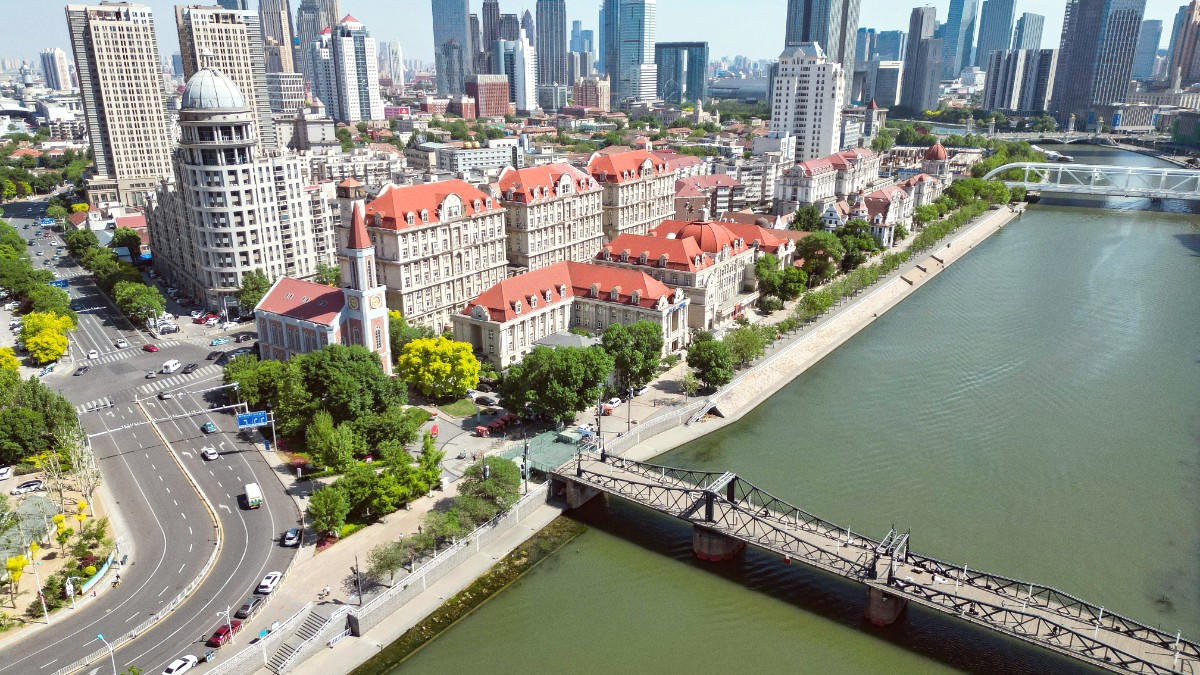
China
Spring (March-May) temperatures are mild to warm (5-20°C/41-68°F), though windy and dusty. Summer (June-August) is hot and humid (above 30°C/86°F) with frequent rain. Autumn (September-November) offers pleasant weather (10-25°C/50-77°F) with clear, dry skies.
Winter (December-February) is cold and very dry, often below freezing (-5-5°C/23-41°F). Snowfall is light, and the air can be biting.
Dust storms are possible in spring, especially March and April. Check air quality forecasts. Typhoons or heavy rain from their remnants can affect the region in summer.
Air quality can be an issue, especially in winter. Consult the Air Quality Index (AQI) and consider limiting outdoor activity on high pollution days.
May, September-October
Ideal weather, outdoor attractions at their best, various festivals.
Higher tourist volume, increased prices, larger crowds.
March-April, November
Fewer crowds, potentially lower prices, comfortable temperatures.
Early spring dust storms, November cold temperatures.
December-February, June-August
Lowest prices, significantly fewer tourists, authentic experience.
Extreme cold/dry in winter, hot/humid/rainy in summer.
For strolling along the Five Great Avenues, Hai River promenade, or visiting parks, late April/May and September/October offer pleasant weather. Clear skies and mild temperatures mark these ideal times.
Museums, the Porcelain House, and shopping malls remain comfortable year-round. Winter activities like ice skating or hot pot are popular from December through February.
Blooming trees and flowers, ideal for parks.
Indoor attractions provide respite from heat and humidity.
Colorful foliage on city trees.
Ice skating and warming up with hot pot.
Museums, Porcelain House, shopping malls.
Most foreign nationals need a visa to enter mainland China.
The type of visa you need depends on your purpose of travel.
Applications generally go to the Chinese Embassy, Consulate, or Visa Application Service Centers (CVASC) in your country.
The official currency is the Chinese Yuan Renminbi (RMB), symbol ¥. Mobile payment via WeChat Pay and Alipay dominates transactions.
Tianjin has numerous hospitals. For medical emergencies, dial 120 for an ambulance.